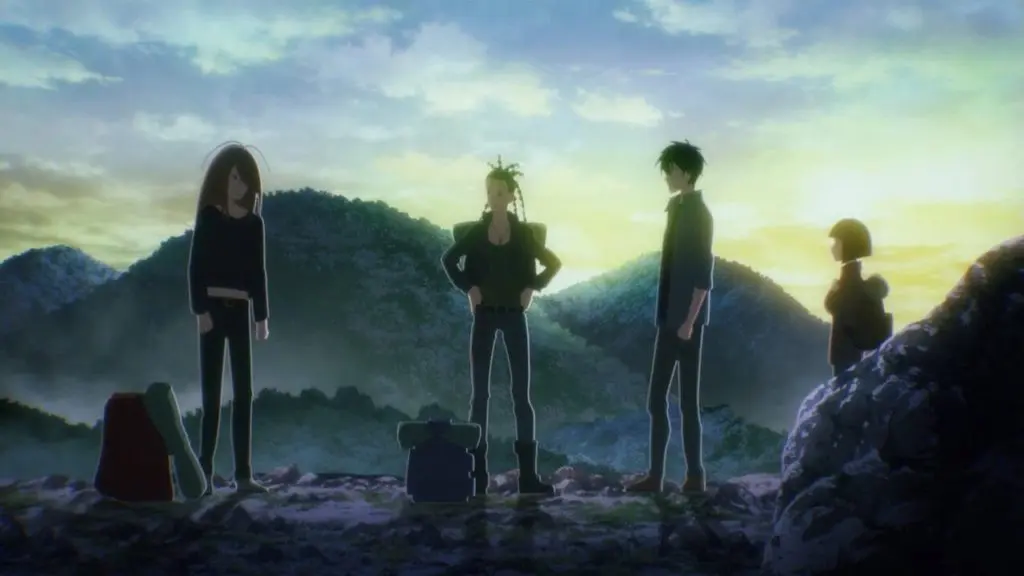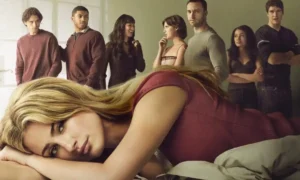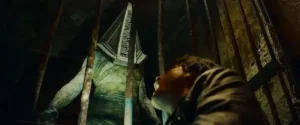Summary
A direct continuation, Part 2 of Netflix’s anime benefits from not having to set things up, even if it’s still condensing a lot of material.
This review of 7Seeds Season 2 is spoiler-free. You can check out our thoughts on the previous season by clicking these words.
Now on Netflix, the second season — or second part, if you prefer — of the streaming giant’s original anime 7Seeds offers another twelve episodes of post-apocalyptic coming-of-age drama, this time after a less troubled production. Arriving, too, while the real world feels only a day or two away from an apocalypse of its own, there’s a frisson of topicality in the idea of having to rebuild society from scratch.
If you missed Part 1, or are planning to watch all 24 episodes at once given how much free time you suddenly have, a recap: based on the manga series written and illustrated by Yumi Tamura, the show catches up with Earth after a catastrophic meteorite impact left behind only cryogenically-preserved representatives of the human race, who all wake up understandably confused. Part 1 crunched together 83 of the manga’s total 179 chapters, which is a lot, and fans were quick to say so, though I felt that the strength of the show’s setup worked as a proof-of-concept if nothing else.
7Seeds Season 2, then, picks up directly after the events of Part 1, with Hana (Amber Lee Connors) missing having been swept away, and Ango (Andrew Love) and Ryo (Adam Gibbs) being banished by Team Summer A. With group dynamics already established, the pace is more measured from the off, which is the obvious advantage of such a direct continuation, even if the mediocre visuals and awful dubbing are preserved.
As much of a copout as it feels, there isn’t enough new or different here to win over fans who disliked Part 1. It’s a little more self-assured and less burdened by worldbuilding obligations, which obviously helps, but in most of the ways that matter the show is much the same as it was, having condensed perhaps more source material than 12 half-hour episodes can logically house. Still, I didn’t mind the show when it debuted and I don’t mind it now — as the show itself asserts, in times of crisis, it’s probably best not to be picky.




